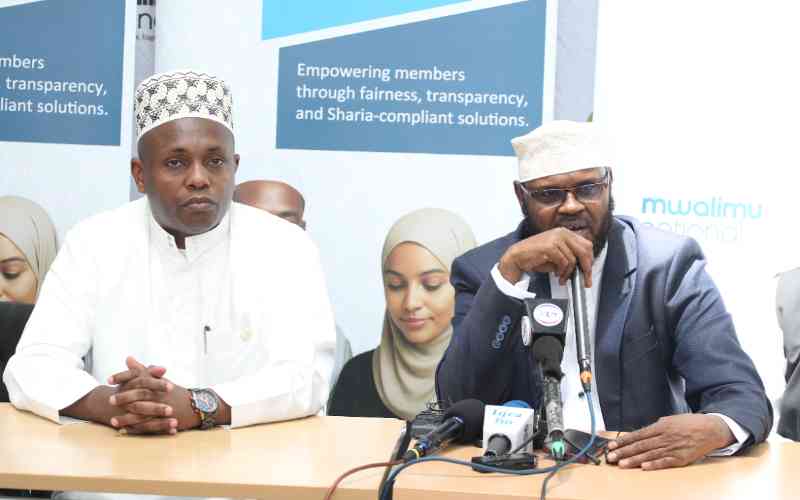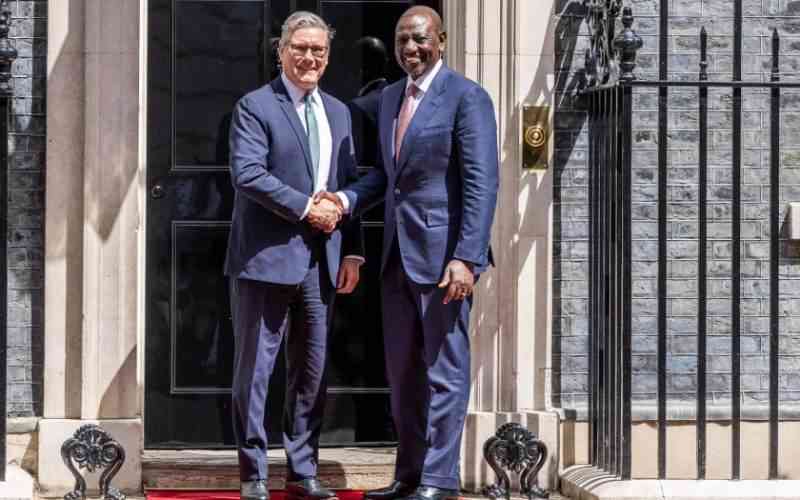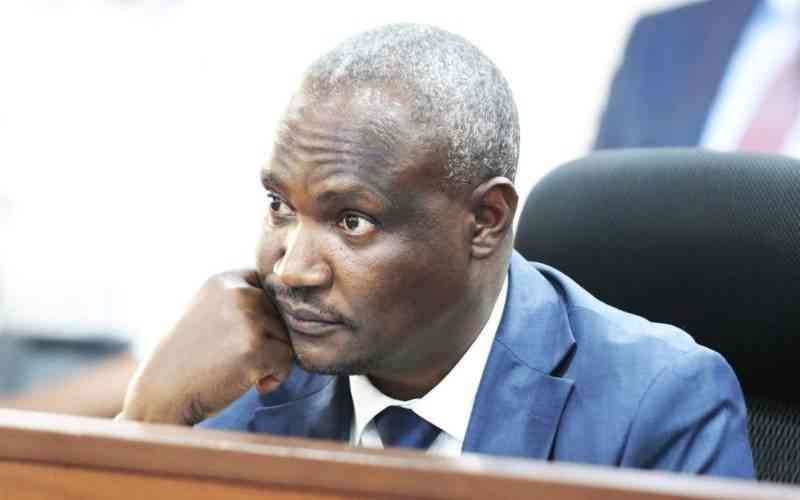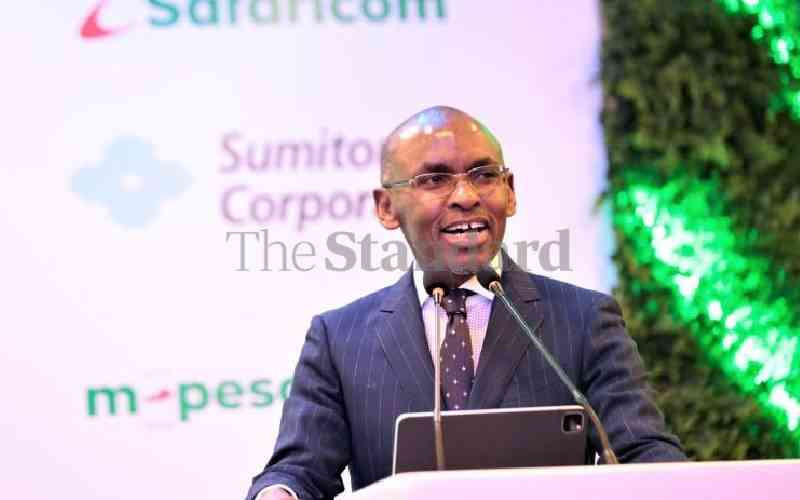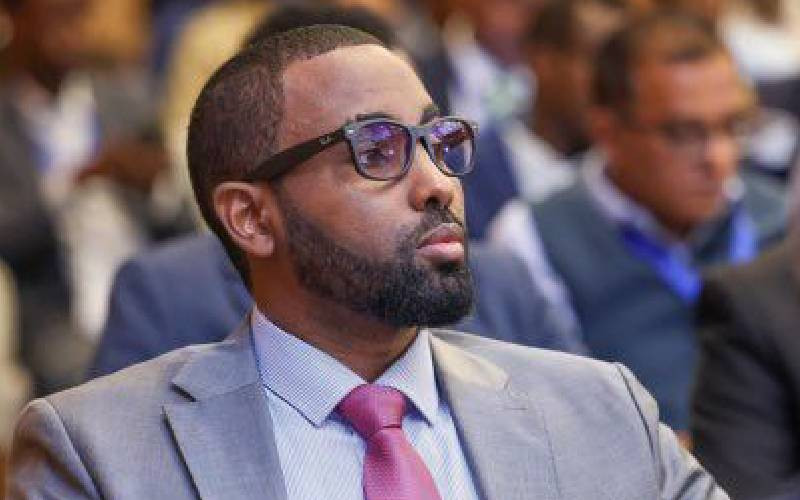
The creation of Somalia’s Central Delivery Unit (CDU) is a bold statement of intent. It reflects a government ready to move beyond fragile-state patterns of promises and delays, and instead to embrace a disciplined culture of execution, accountability, and measurable results. Inaugurated on August 23, 2025, by the President and Prime Minister, the CDU marks the first time in Somalia’s history that a central mechanism has been established to ensure that national priorities are translated into action with speed and precision.

